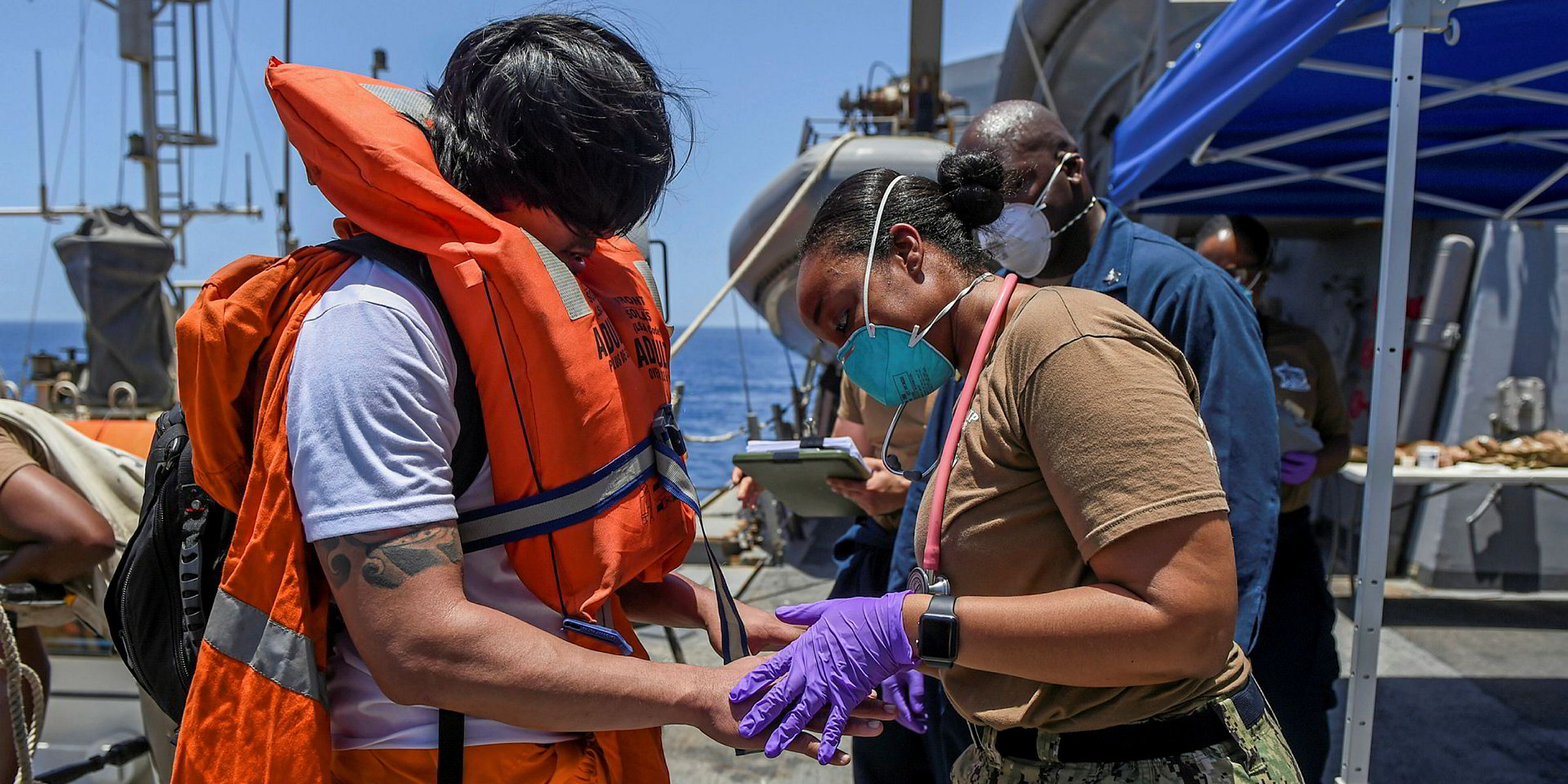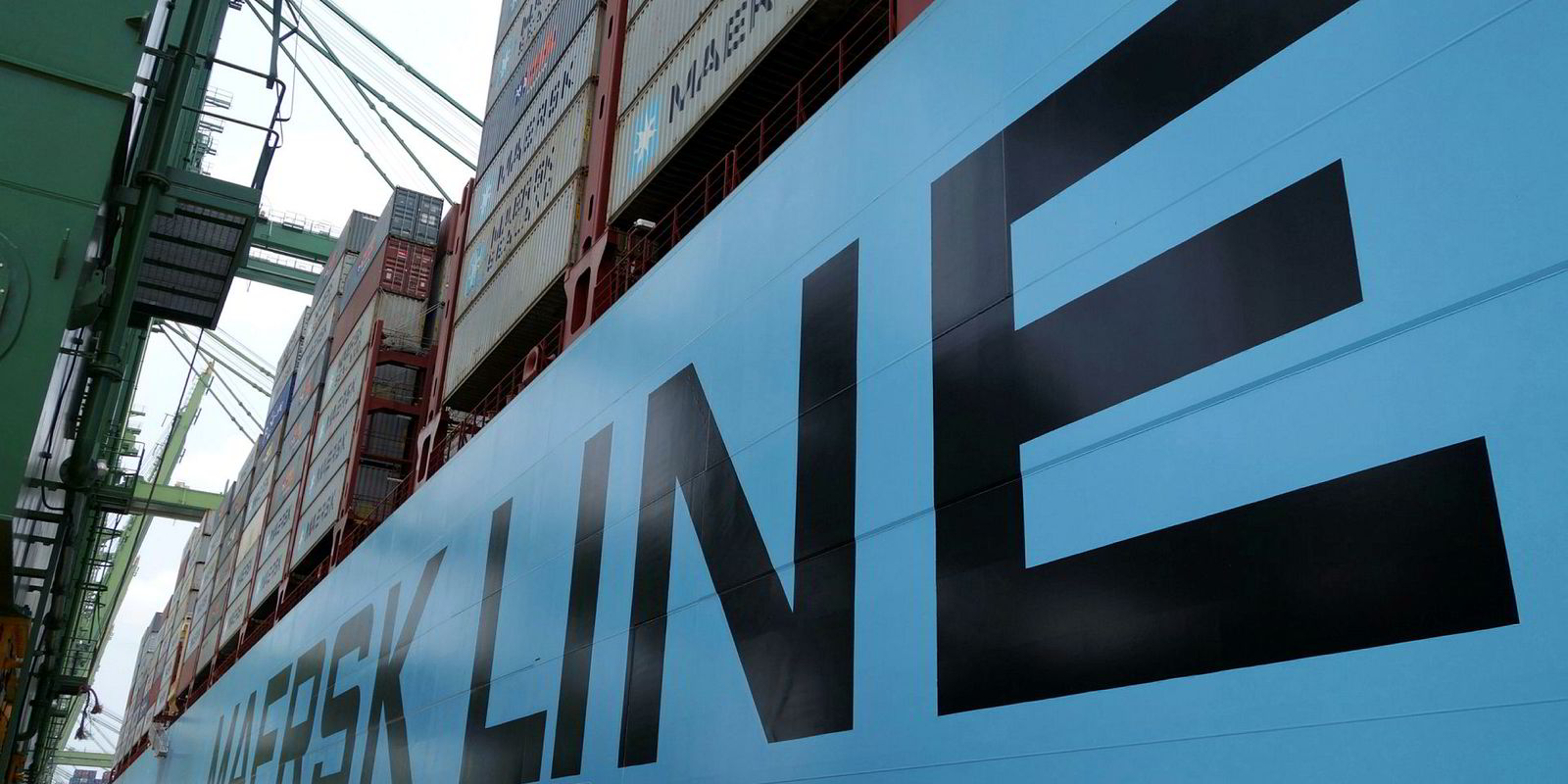Inside and outside of the marine insurance industry, insureds are no strangers to the Joint Hull Committee (JHC). It was founded in 1910, with representatives from the Lloyd’s of London and International Underwriting Association company markets.
Co-chaired by Iain Henstridge from Apollo Syndicate 1969 and myself, the JHC today aims to increase engagement with all relevant parties and to prepare insurers, underwriters and the overall marine industry for change.
Subcommittees serve as focus groups for various work strands. Driven by the JHC’s deputy chairs, they invite decision-makers and stakeholders from the legal, technology and financial sectors to the discussion table.
The Emerging Risk Committee is a key example, where members examine ad-hoc concerns and discuss new clauses or wordings.
Cybersecurity has been identified as a significant vulnerability of the marine industry. Navigation and tracking systems at ports and on vessels are exposed to skilled hackers, potentially resulting in substantial losses.
Incidents such as hijacked or diverted vessels and stolen cargoes are occurring with increased frequency. Therefore, shipowners are faced with ever-increasing economic losses, with marine insurance struggling to provide redress.
The JHC has listened to the concerns from the Prudential Regulation Authority, Lloyd’s and cybersecurity experts.
Evolving threats
It is using its Emerging Risk Committee to review the current cyber-related issues and insurance offerings in the market. Memos with new suggested wordings are set to be issued, following contributions from all relevant organisations and JHC members.
Open and collaborative discussion is crucial to the industry’s success in the face of the evolving threat. The JHC has been proven to be an effective platform for underwriters and executives to address current industry issues.

The committee will be engaging regularly with brokers, marine surveyors and other industry participants, in order to prepare for future challenges.
Brokers will be encouraged to offer feedback to the JHC to understand the rationale behind recommended wordings. They are also uniquely placed to relay market and insured sentiment to the panel.
With that information, new clauses or wordings therefore can be introduced and improved quickly and more efficiently.
In this format, brokers can work together with insurers and tackle clients’ concerns directly, rather than simply delivering updated wordings to their clients.
The marine industry has often proved its ability to handle challenges, changing conditions and adverse developments around the globe. But the world is changing, and a joint response is required
Surveyors also contribute substantially to the JHC. Selected based on their individual specialities and needs, surveyors are included in consultations to ensure the credibility and accuracy of the committee’s research and discussion.
Green agenda
Sustainability and environmental protection are increasingly prominent concerns for the JHC.
In April, the committee set up a working party with surveyors to examine how underwriters can incentivise shipowners to limit the sulphur present in bunker fuel.
According to the IMO, the Marine Environment Protection Committee has agreed to amend Marpol Annex VI and reduce the sulphur content of bunker fuel to a maximum of 0.5%.
This regulation will enter into force from 1 January next year and the shipping industry is exploring ways of complying with the new sulphur limit.
The joint work of the surveyors and the JHC has resulted in the updated engine room, machinery and bunker fuel risk assessment survey.
This has been designed to assist insurers and underwriters in understanding how the new regulation affects the industry and advising clients how to adjust their operations and insurance plans.
This is just one example of how a coordinated approach has allowed the industry to implement successful action to address rising environmental concerns and mitigate potential downsides for shipowners.
Young talent
The marine industry has often proved its ability to handle challenges, changing conditions and adverse developments around the globe. But the world is changing, and a joint response is required.
The JHC is a forum for the industry to channel its efforts. For those to be successful, we have to reach out to the market more broadly.
There is plenty of young marine insurance talent at Lloyd’s and in the company market that needs to be part of this conversation.
Together, we can proactively drive the debate and tackle the challenges ahead.
Paul Fry is head of hull at Skuld and was recently
appointed as co-chairman of the Joint Hull Committee









